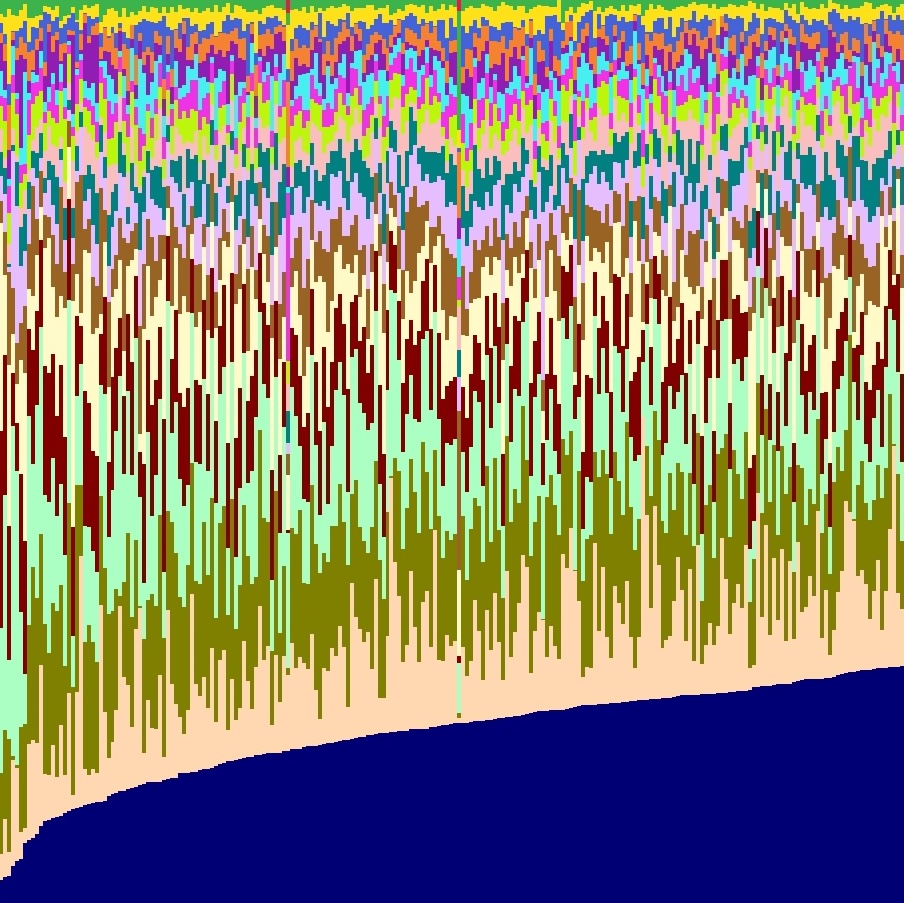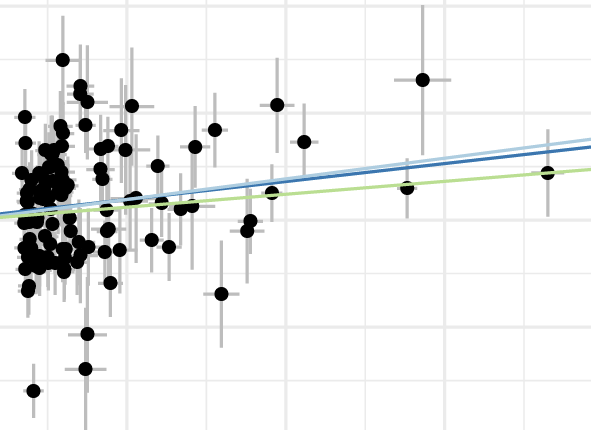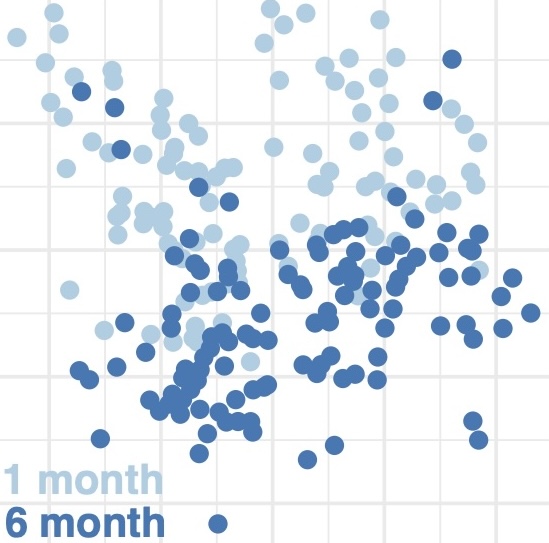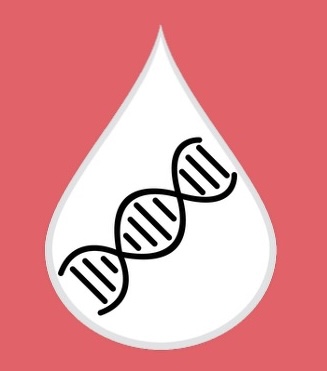
About
Welcome! We are a research group in the Center for Genetic Epidemiology in the Department of Population and Public Health Sciences at Keck School of Medicine of USC. Using tools from quantitative genetics, systems biology, and microbiome science, we investigate how lactation and milk variation impact infant and maternal health.
Banner image: Utagawa Kuniyoshi
Research
Health benefits attributed to breastfeeding include reduced risk of infectious and autoimmune diseases for infants, lower risk for breast and ovarian cancer for mothers, and improved metabolic health for both mothers and infants. However, for many of these potential benefits we do not understand the specific underlying milk components or mechanism. Human milk contains a complex milieu of macronutrients, vitamins and minerals, prebiotic sugars, microbes, antimicrobial peptides, antibodies, and maternal cells. Milk composition varies between human populations, individuals, and over the course of lactation. Despite its health relevance, few studies have examined the heritability or genetics of human lactation and milk composition. The focus of our research is to use tools from human genetics and genomics to improve our understanding of human milk variation, its evolution across human populations, and its impact on human health. See below for descriptions of specific research areas.

Quantitative genetics of human milk
Human milk contains the milk-producing mammary epithelial cells, providing a non-invasive view of the biology of the lactating mammary gland. Utilizing data from the Mothers and Infants LinKed for Healthy Growth (MILk) study and other sources, we are exploring how maternal genetic variation influences the milk transcriptome between individuals and over the course of lactation.

Genetic epidemiology of lactation
Using tools from genetic epidemiology, we are leveraging human genetic variation to understand the impacts of lactation and milk composition on infant and maternal health.

Host-microbe interactions in the mom-milk-baby system
While it is well-established that breastfeeding vs. formula feeding influences the infant gut microbiome, the impact of variation in human milk on the developing infant gut microbiome and immune system is less well understood. We are exploring the longitudinal dynamics of this system across the course of lactation.
Publications
Lab Members

Kelsey Johnson, PhD
Assistant Professor
Center for Genetic Epidemiology
Population and Public Health Sciences
Kelsey joined USC as an Assistant Professor in 2025. Previously, she was a postdoctoral fellow at the University of Minnesota advised by Frank Albert, Ellen Demerath, and Ran Blekhman. She recieved my PhD in Cell and Molecular Biology from the University of Pennsylvania, advised by Ben Voight. You can download Kelsey's CV here. Outside of work, Kelsey enjoys spending time with her three small kids.

Rae Duan
PhD Candidate, PIBBS
Rae is passionate about exploring the genetics of human milk and uncovering how it connects to real-world implications for health, nutrition, and beyond. Outside of the lab, she loves spending time with her French Bulldog, Croissant, and doing ceramics.

Michelle Navarrete Vega
Biostatistics M.S. Student
Michelle focuses on how genetic variation shapes maternal health and how quantitative genomics informs cancer and population health research. Before joining the lab, she studied Cognitive Science and Statistics at UCLA and grew interested in using quantitative tools to explore questions in human health. In her free time, she enjoys writing and exploring new coffee spots across Los Angeles.
Chiamaka Lebechi
Rotation Student
Epidemiology PhD Progam
Yijia (Annie) Sun
Rotation Student
Biostatistics PhD Progam
Join us
We are seeking researchers to join the group at all levels! If you are interested, please email Kelsey a brief statement about your research experience, interests, and CV. Informal inquiries are welcome.
News
December 2025:
Happy Holidays!
September 2025: Welcome rotation students Annie and Amaka!
August 2025: Welcome PhD student Rae & masters student Michelle to the group!
August 2025: Lab officially opens at USC!
Contact
Mailing address:
1517M Norris Research Tower
1450 Biggy Street
Los Angeles, CA 90033
kelsey.johnson@med.usc.edu
